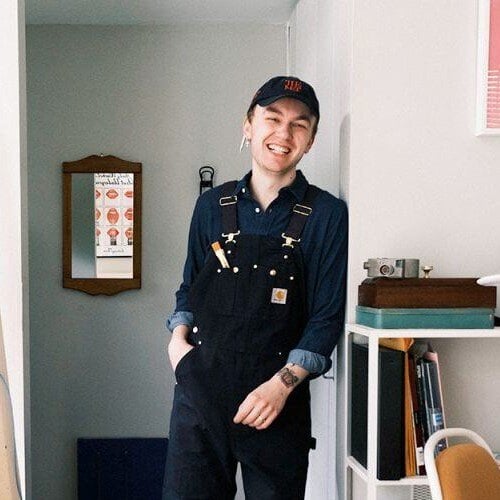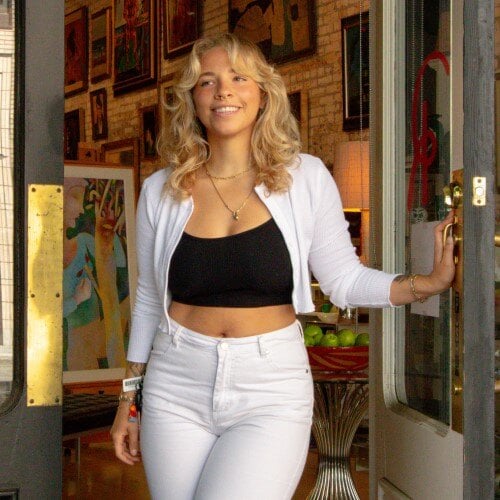Construction Skills
TECHNICAL DESIGN IN FASHION
MONDAYS & WEDNESDAYS
5:30 PM PST / 8:30 PM EST
28 JAN 2026 - 18 MAR 2026
DURATION:
7 WEEKS
MONDAYS & WEDNESDAYS
5:30 PM PST / 8:30 PM EST
A great fashion piece is about precision.
Albert La Coria, who worked for renowned brands like Fabletics, Juicy Couture, & Vince, will walk you through the full process to turn your concepts into production-ready garments.
THIS COURSE IS FOR YOU, IF...
-
YOU ARE AN ENTRY-LEVEL DESIGNER OR A RECENT GRADUATE
Land your first role in fashion design. You need more than just sketches — you need technical expertise. Learn how to create professional-grade tech packs, analyze garment construction, and communicate with manufacturers. Build a portfolio that proves you’re industry-ready.
-
YOU ARE A FASHION INDUSTRY PROFESSIONAL
Pattern maker? Illustrator? Graphic designer? If technical design feels like a missing piece in your skillset, this course will fill the gaps. From mastering grading rules to identifying fit issues, you’ll gain the knowledge to bridge the gap between design and production.
-
YOU ARE A FASHION BUSINESS OR BRAND OWNER
Big ideas but struggling with execution? Understanding technical design is the key to turning sketches into high-quality, production-ready garments. Learn to construct tech packs, oversee fittings, and speak the language of manufacturers — so your brand’s vision translates from concept to reality.
Our students work in 1600+ companies worldwide
Tech packs, BOMs, garment fit, fabrics & stitches, flats, quality control — each task is designed to give you real-world experience and make you industry-ready.
With tips from expert guests, explore future trends and roles that shape the industry, learn how to develop your portfolio and network to take your career in fashion to the next level.
Boost your portfolio by creating a complete professional-grade tech pack for a garment of your choice. You'll compile everything a manufacturer needs to bring your design to life.
ALBERT LA CORIA
LinkedIn Profile- Former Technical Designer at Vince
- Expanded product lines for top brands like Fabletics, Juicy Couture, and Vince
- Transforms basics into standout collections, from tees to tailored blazers
- Breaks category boundaries, introducing intimate apparel, activewear, and outerwear & masters both knits and wovens
- Drives innovation at Fabletics, launching new lines and redefining athletic wear — recently created the Don Pant, a game-changing design featured in The Source

In this class, you’ll meet your wonderful instructor, Albert La Coria, and get a solid grasp of the course structure, assignments, and general guidelines.
- Instructor introduction
- Assignment details
- Course breakdown
- Housekeeping
What exactly is technical design? In this first class, you’ll gain an understanding of the job of a technical designer, the steps of design, industry standards, and key terms. You’ll also cover the purpose and components of a tech pack.
- Roles & responsibilities
- Overview of design processes
- Industry standards & terminology
- Tech pack and its components
- WORKSHOP: Time to share your skills! Break into groups and share your experience, what you already know, and what knowledge you’re aiming to gain.
Introduction to Final Portfolio Assignment: Create a comprehensive tech pack for a chosen garment, integrating all previously learned skills. Compile detailed specifications into a professional-grade document ready for factory production.
Explore the different elements of a tech pack — from the cover and technical sketches to packaging instructions — and learn where to put important information, like sketches, measurements, and BOMs, within the tech pack.
- Components of a tech pack:
- Cover page
- Technical sketches (flats)
- BOM (fabric, trims, findings)
- Measurement chart: detailed measurements for each size
- Construction details
- Artwork & labeling
- Packaging instructions
Assignment #1: Explore the structure of the tech pack, identifying where key information like sketches, measurements, and BOM belong.
Time to learn your materials! Discover the difference between knit and woven fabrics, and explore different fabric types and their specific traits. You will also learn how to choose appropriate fabrics for different designs.
- Defining knits fabrics
- Defining woven fabric
- Fabric types and properties
- Fabric selection for specific designs
Assignment #2: Analyze a chosen garment, applying the knowledge you’ve gained on fabric in garment design to identify specific fabrication.
Class 4 will teach you how to make a Bill of Materials (BOM) for a garment, including its fabric, trims, and colors. This will allow you to document all the components of a garment in a standard format.
- Fabric
- Trims
- Colors
Assignment #3: Select a garment and document its construction by creating a BOM detailing all components.
Delve into different internal and external stitch types, and understand knit and woven construction. Further learn how to inspect garments and identify stitch types used, enabling you to analyze the construction of a garment and its suitability for different fabrics.
- Internal and external stitches
- Knits construction
- Woven construction
Assignment #4: Examine a chosen garment and identify the stitch types used. Consult a stitch library and determine the suitability of the garment’s stitch types for woven or knit fabrics.
In this class, you’ll learn how to create technical flats in Adobe Illustrator, as well as be able to create and export flats from the program. This will provide you with the ability to produce technical drawings for communication with patternmakers and factories.
- Flats and their purpose
- Fashion sketches: Croquis, proportions, garments
- Creating and exporting flats from illustrator
- WORKSHOP: Break into groups to discuss your original garment concepts.
Assignment #5: Create a complete technical flat for a chosen garment. Ensure that you include all relevant details and specifications.
Explore the key terms for garment fit, fit types, and target markets, as well as be able to identify the important fit points for tops such as tees, blouses, and jackets, equipping you to understand and identify fit problems in tops.
- Key terms for garment fit
- Fit types & target markets
- Key fit points for tops
Class 8 will teach you to identify and describe fit issues, as well as suggest ways to adjust and alter patterns. This will allow you to communicate effectively about fit and make necessary adjustments.
- Call outs on garments
- Pattern adjustments and alterations
Assignment #6: Add to Assignment #6 where you analyzed fit issues related to tops and bottoms. Propose changes to correct these issues, justifying your recommendations based on fit principles.
Gain a solid grasp of how fitting works for different bottoms styles. Learn how to identify key fit points for bottoms, including the waist, hip, crotch, thigh, leg, rise, balance, and hang, and analyze fit issues.
- Key fit points for bottoms: Pants, shorts, skirt
Assignment #7: Analyze the provided images of tops and bottoms. Identify and document specific fit problems based on these images.
Learn how to make notes on bottom garment fit, and suggest modifications and corrections to patterns. You’ll also understand how to translate your fit observations into actionable feedback using your knowledge of garment fit.
- Fit observations
- Pattern modifications and corrections
Dive into custom size charts and grading rules for different parts of bottoms like skirts and pants. You’ll also be able to add grading rules to garments, which will give you the skills to create and apply size charts and grading rules to bottom styles.
- Creating custom size charts
- Grading rules for different pattern pieces
Assignment #8: Return to Assignment #7, where you proposed changes to the tops and bottoms you analyzed fit issues for. Add grading rules for these garments, focusing on various body measurements.
In this class, you’ll explore the various roles in technical design in the fashion industry, the differences between domestic and international sourcing, and how to pursue sustainability and ethical practices.
- Roles & responsibilities in the industry
- Domestic vs. international sourcing
- Sustainability & ethical production
Gain an understanding of the production steps, how to work with factories and suppliers, and the importance of quality control. Learn how to spot quality issues and suggest solutions in the garment manufacturing process.
- Understanding the production process
- Working with factories and suppliers
- Quality control & inspection
Assignment #9: Identify quality issues arising from materials, construction methods, and finishing processes, defining specific inspection criteria and acceptable tolerance levels for each. Develop protocols for managing defective products to prevent future occurrences.
By the end of this class, students will articulate key concepts from the course and engage in a comprehensive review session.
- Course recap
- Student questions
What our students say
This class has really allowed me to step out of my comfort zone and learn more about screenwriting for animated films by having me rewatch films I have seen and films I haven't watch before for research (in fact, my experiences in the class had given me the courage to view 'Anastasia', an animated film that I wanted to watch but never got to see it.)"
A special thanks to our amazing instructor, Duc Haba, whose expertise and guidance made all the difference. Your passion for AI and real-world insights truly elevated the experience—thank you!
Looking forward to applying these skills to the exciting challenges ahead, especially in building smarter, more impactful solutions at Bimefy and beyond."





























